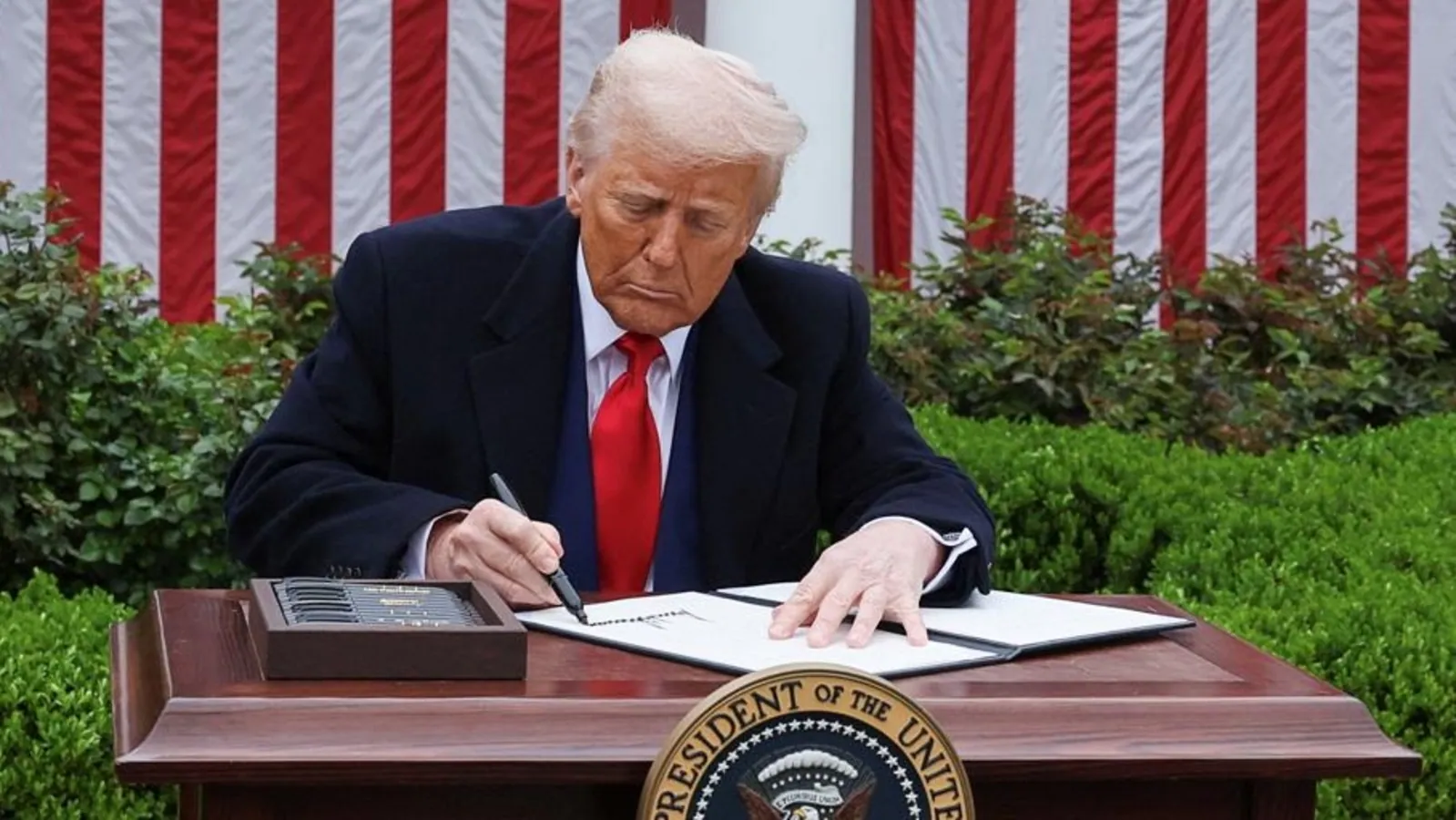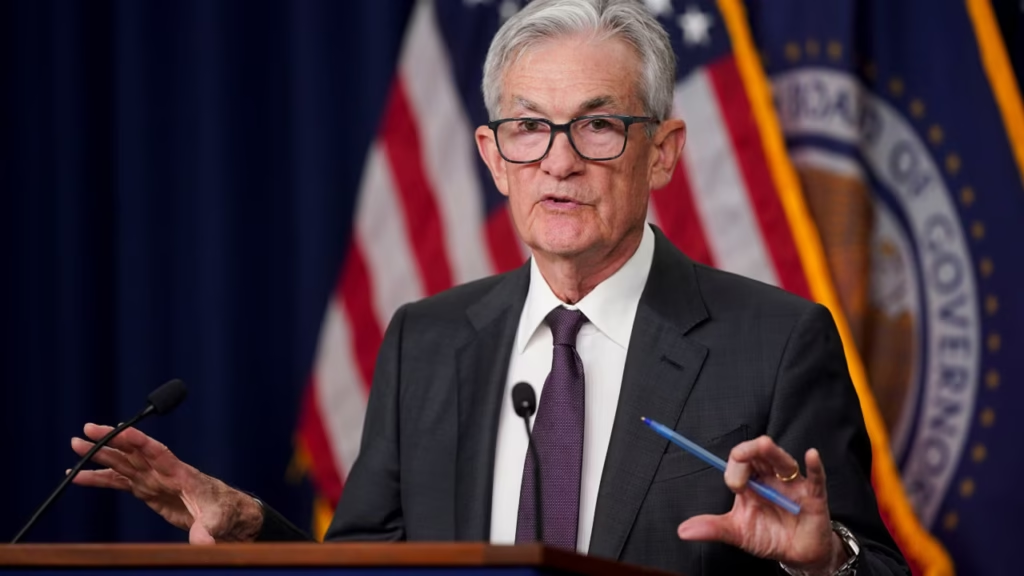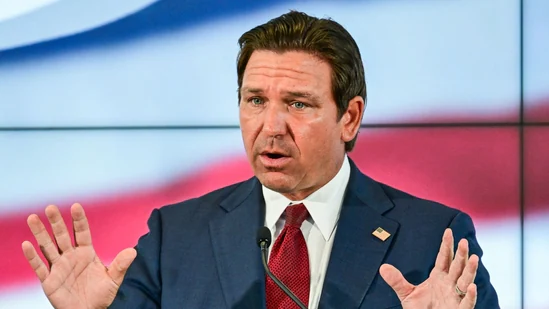Now Reading: Trump Targets Big Pharma with Sweeping Tariffs: A Bold Move or Economic Gamble?
-
01
Trump Targets Big Pharma with Sweeping Tariffs: A Bold Move or Economic Gamble?
Trump Targets Big Pharma with Sweeping Tariffs: A Bold Move or Economic Gamble?

In a move that has sent ripples through global markets, former U.S. President Donald Trump has announced a series of aggressive tariffs aimed at the pharmaceutical industry. Effective October 1, 2025, these measures include a 100% tariff on imported branded or patented drugs, with exemptions for companies actively building manufacturing plants in the U.S. This development marks a significant escalation in Trump’s ongoing campaign to reshape America’s trade policies and reduce dependency on foreign manufacturing.
The Tariff Details and Their Implications
The newly imposed tariffs are part of a broader strategy to bolster domestic production and address what Trump perceives as unfair trade practices by foreign pharmaceutical companies. By targeting branded drugs, the administration aims to incentivize companies to establish manufacturing facilities within the United States. However, this move has raised concerns among industry experts and healthcare professionals about potential disruptions in drug supply chains and increased costs for consumers.
Global Reactions and Industry Responses
Internationally, the announcement has elicited a range of reactions. While some countries, such as those within the European Union, have been exempted from these tariffs due to existing trade agreements, others are bracing for potential retaliatory measures. Pharmaceutical companies, especially those with significant operations outside the U.S., are reassessing their strategies in light of these new trade barriers.
Impact on Indian Pharmaceutical Companies
For Indian pharmaceutical manufacturers, who are major suppliers of generic drugs to the U.S., these tariffs pose significant challenges. The increased costs could affect their competitiveness in the American market, potentially leading to a reevaluation of their export strategies. Additionally, the move could prompt Indian companies to consider diversifying their markets and investing in domestic manufacturing capabilities to mitigate the impact.
Economic and Political Ramifications
Domestically, the tariffs are seen as a push towards economic nationalism, aiming to bring manufacturing jobs back to the U.S. and reduce trade deficits. However, critics argue that such protectionist policies could lead to higher prices for consumers and strain relations with key trading partners. The effectiveness of these tariffs in achieving their intended goals remains a topic of debate among economists and policymakers.
Conclusion: A Strategic Gamble?
President Trump’s latest tariff initiative represents a bold attempt to recalibrate America’s trade relationships and strengthen domestic industries. While the long-term benefits of such a strategy are yet to be seen, the immediate effects are causing significant shifts in global trade dynamics. As the situation develops, it will be crucial to monitor the responses from both domestic industries and international partners to assess the broader implications of this policy shift.

























